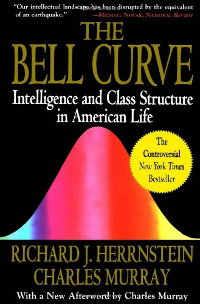This is the time of year when graduation ceremonies and parties abound. I love graduations and celebrations of educational achievement. One thing with which I struggle, and I know this is MY problem, is the idea that all the children are brilliant. Here is an article in The Atlantic that describes the different ways parents describe their children in different countries. Europeans tend to describe their children as having qualities like “happy” and “easy” while Americans tend to describe their children as having qualities like “intelligence” and “asks questions.” I think this says a whole lot more about the parents than the children. Hard work, faithfulness to God, graciousness, kindness, obedience and love did not make any of the lists.
I do not know which is worse, a life focused on one’s own happiness or a life focused on being the smartest guy in the room. Intelligence is not immutable. A life focused on the pursuit of personal happiness or ease is a choice, not to mention a wasted life. The measure of a life well lived has nothing to do with any of these things. Happiness is often a bi-product of hard work, helping others and doing the right thing. Thankfully, the measures of a successful life are not happiness and/or intelligence–they are things over which we have direct control like self denial, hard work and love of others. Jesus, Mother Theresa and even Abraham Lincoln personified that. While happiness and intelligence might have entered the picture in their cases, they were certainly not the defining characteristics of their success.
Individual brilliance at math, art, writing, sports and music are so commonly attributed to high school students at their graduation that the meaning of that word has been sorely diluted over the years. People really cannot know whether they are great at math until they have studied Real Analysis, Abstract Algebra and beyond. They cannot know they are truly gifted musicians until they play their instrument side-by-side (even if only figuratively) with others who have practiced their violin eight hours per day for the last fifteen years. With art, well, beauty is in the eye of the beholder. As for sports, a state championship in virtually any sport still leaves the student untested even at the lowest levels of college athletics which are no where close to the pros or the Olympics. I hope the best for all those people in America who believe their children are brilliant, but it is a disservice to give them the idea they are gifted when ninety percent of the gift is just really hard work after they have gotten past the basics.
I guess part of my high dudgeon is a result of the offense I took when someone made light of my belief that our children are not super intelligent. I was actually told I was just being silly. It is petty of me, but our children are in a good place academically because they worked hard for a long time. Their current success is way less a result of any innate intelligence than that hard work and tenacity. Assigning their accomplishments to something over which they have little control belittles their efforts. Maybe they are intelligent, but again, if they are, it is more because of that hard work and what might be characterized as “earned” intelligence.
Betty Blonde #340 – 11/04/2009

Click here or on the image to see full size strip.



